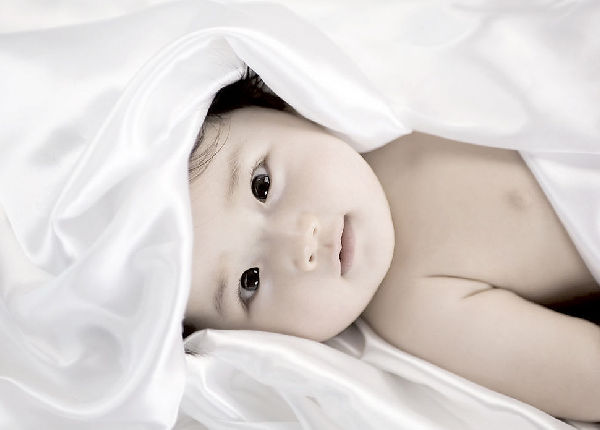One-child policy to be improved
 0 Comment(s)
0 Comment(s) Print
Print E-mail China Daily, November 12, 2013
E-mail China Daily, November 12, 2013
China is to fine-tune its 30-year-old family planning policy, a spokesman for the nation's top population authority says.
 |
|
China is to fine-tune its 30-year-old family planning policy, a spokesman for the nation's top population authority says. |
But any step taken must serve to maintain a low birth rate while satisfying individual families' desire to have more children, the National Health and Family Planning Commission spokesman said.
China's social and economic development as well as demographic changes will also be considered in relation to any policy changes made, Mao Qun'an said at a regular news conference on Monday.
He added that fine-tuning the current policy has always been high on the commission's agenda.
Mao's comments follow widespread speculation that the central government will further relax the family planning policy after the Third Plenum of the Communist Party of China's 18th Central Committee, which opened in Beijing on Saturday.
There have been suggestions that couples where either the husband or the wife is a single child will be able to have a second child. At present, this only applies to couples who are both single children.
"We've conducted lots of investigations and research, focusing on population quantity, quality, structure and distribution to work out a guideline to fine-tune the family planning policy," Mao said.
"In the next step, the commission will implement the new policies set by the central government."
Mao added that any policy changes will be made in a prudent and well-coordinated way, taking into account the current and future situation.
He said China will continue to uphold the family planning policy as a basic national policy, given that its huge population places a heavy strain on economic and social development, resources and the environment in the long run.
Mao said a fine-tuning plan has been sent to the State Council and the question now is whether any change will be introduced nationwide or if trial runs will be held in selected areas.
Yuan Xin, a professor in population studies at Nankai University in Tianjin, ruled out any drastic policy change. "Issues surrounding how many children a family can have will, for a long time, still be decided by the government rather than the family itself," he said.





